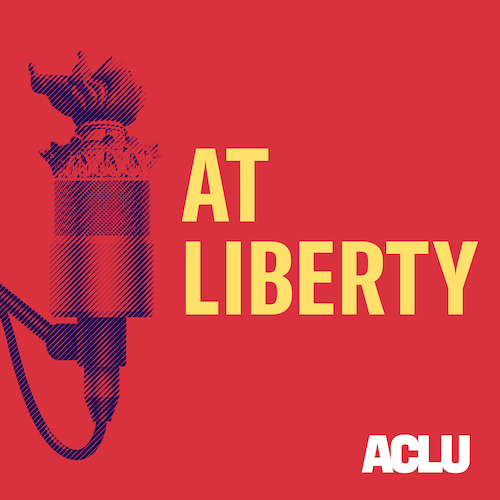The Supreme Court Just Declined to Protect Emergency Abortion Care for Pregnant Patients. Here’s What to Know

Today, the Supreme Court declined to issue a ruling in Idaho and Moyle, et al. v. United States. Instead, it sent the case back down to the lower courts where anti-abortion extremists will continue to fight to strip pregnant people of the basic right to emergency care, including when their life is at risk.
While the court’s decision temporarily restores the ability of doctors in Idaho to provide emergency abortions required under the federal Emergency Medical Treatment and Labor Act —EMTALA— by dismissing the case without affirming once and for all that pregnant people have a right to the emergency abortion care they need to protect their health and lives, the court continues to put pregnant patients at unnecessary risk.
Below, we break down why the case matters, and what happens next.
What Is the Emergency Medical Treatment And Labor Act?
EMTALA requires emergency rooms to provide stabilizing treatment to patients in emergency situations. Since it was signed into law by President Ronald Reagan, the federal government–across Democratic and Republican administrations–has consistently recognized that EMTALA requires hospitals to provide emergency abortion care to any patient who needs it. For nearly 40 years, EMTALA has been a crucial tool in guaranteeing the right to emergency care for pregnant patients in need.
Although the Supreme Court’s decision to overturn Roe v. Wade did not diminish these longstanding federal protections, extremist politicians still tried to prevent people experiencing emergency pregnancy complications from getting care in emergency rooms. In this case, Idaho, which has a near total abortion ban, went all the way to the Supreme Court for the power to criminalize emergency abortions required under EMTALA.
The ACLU and the Cooley Law Firm filed a friend-of-the-court brief in defense of EMTALA. We explained that the law clearly requires hospitals to provide emergency abortion care, regardless of state abortion bans like Idaho’s and others, and that pregnant people cannot be excluded from EMTALA’s protections. The court’s concurring opinion authored by Justice Elena Kagan, and joined by Justices Sonia Sotomayor and Ketanji Brown Jackson, in part, echoes the arguments we laid out in our brief.
Who Will Be Most Impacted by the Court’s Decision?
The Supreme Court had the opportunity to affirm that every pregnant person in this country is entitled to the emergency care they need to protect their health and lives, and it failed to do so. The court’s refusal to safeguard the right to emergency abortion care–and put an unequivocal end to extremist attacks by anti-abortion politicians on this essential health care –puts pregnant patients at risk and devalues equality under the law.
Importantly, the court’s order does nothing to stop the chaos and confusion unleashed by abortion bans across the country, which still prevent providers from giving appropriate medical care to patients when they need it most. While the court’s order does provide a temporary reprieve for pregnant patients in Idaho facing medical emergencies, it also allows extremist politicians in the case to continue to fight to put doctors in jail simply for providing essential care. And, alarmingly, Justice Samuel Alito, joined by Justices Neil Gorsuch and Clarence Thomas, wrote a dissenting opinion that provides a roadmap for just how they would strip pregnant people of the right to emergency abortion care should this case return to the Supreme Court.
The dissenting opinion also indicates a willingness to endorse an extreme strategy to give legal rights to embryos and fetuses that will override the rights of the pregnant person, and could lead not only to a national abortion ban, but bans on other forms of reproductive health care like fertility treatment and birth control.
How Can We Fight Back?
This case proves that this battle is far from over. Extremist politicians are coming for our reproductive freedom and will not stop until abortion, including emergency abortion, is banned in all 50 states. They already went all the way to the Supreme Court for the right to put doctors in jail for providing life-and health-saving emergency abortion care, and they will do it again if we let them.
At the ACLU, we’ll continue to use every tool at our disposal to fight attacks on our bodily autonomy. We urge Congress to act now and pass federal protections for abortion rights that will end extreme bans in states and protect access to care nationwide.

Comments
Post a Comment